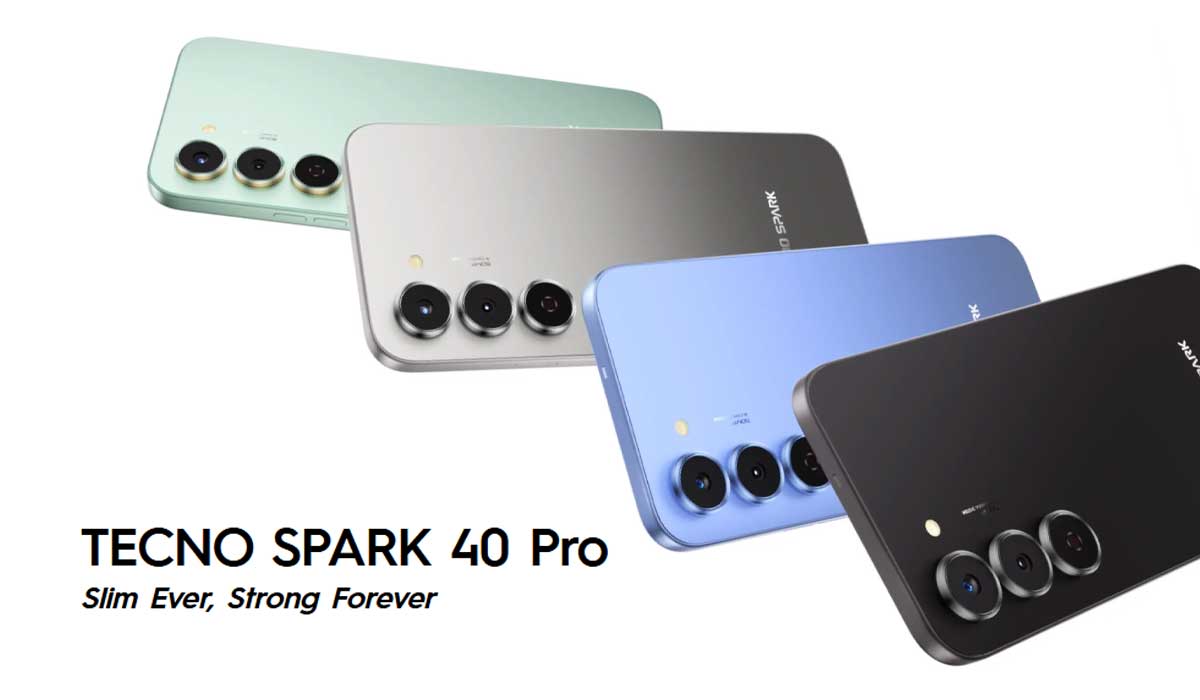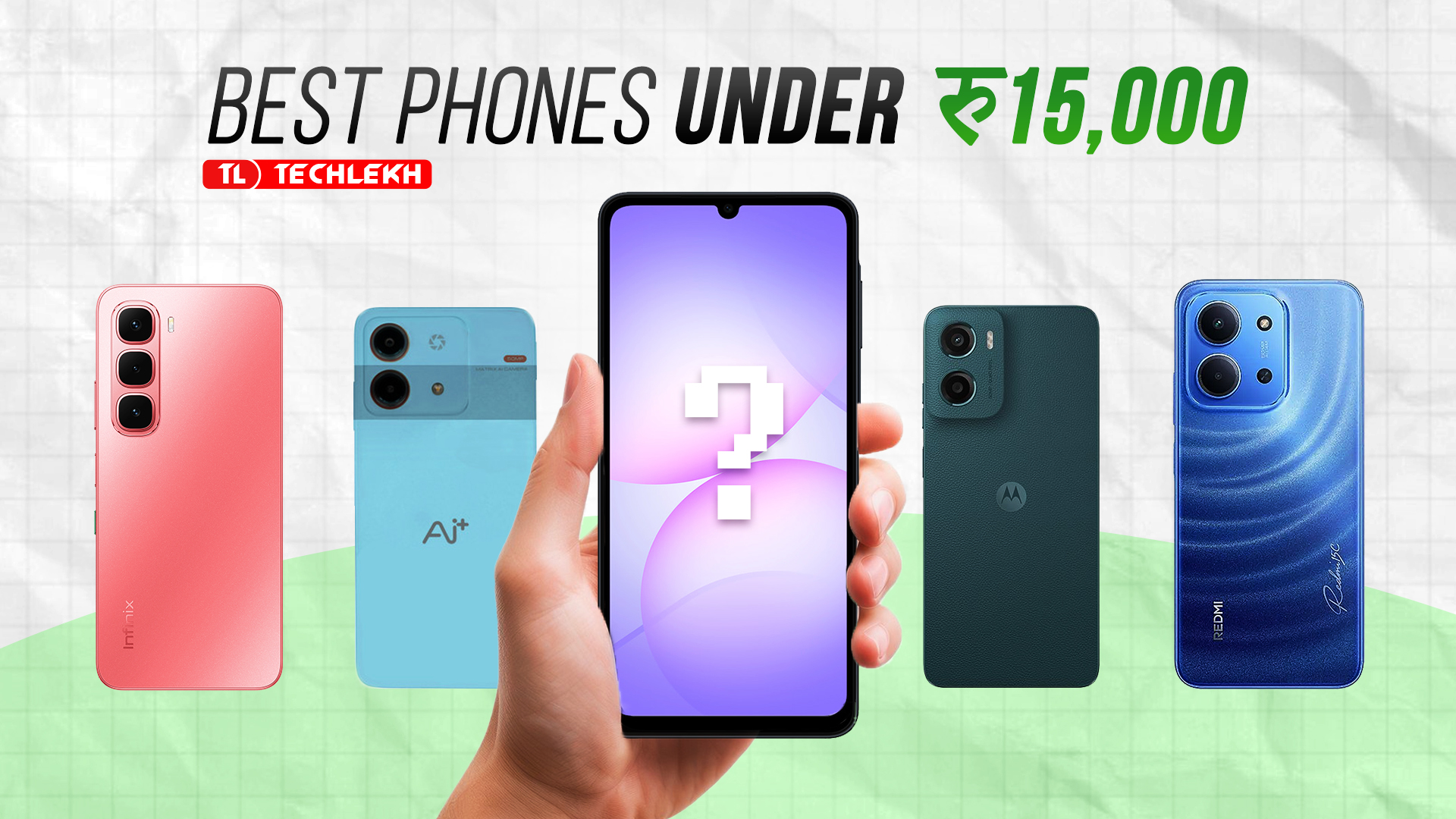In the age of digital transformation, communication has become a key factor in the success of businesses and individuals alike. The evolution of technology has drastically changed how people stay connected, leading to the rise of virtual phone numbers and eSIM technology. Both innovations offer greater flexibility, convenience, and cost-efficiency compared to traditional communication systems. For businesses and tech enthusiasts, these tools have become indispensable, enabling them to stay connected without the limitations of traditional telecom services.
Virtual phone numbers and eSIM apps allow users to easily access multiple phone numbers or switch between different telecom operators without needing separate devices or physical SIM cards. These technologies have proven to be highly valuable for businesses, remote teams, and travelers. Virtual numbers provide a way to buy virtual numbers in different countries, offering businesses a local presence without setting up physical offices. Meanwhile, eSIM technology allows users to switch networks with a few taps, ensuring better coverage and reducing the need for multiple SIM cards.
What is a Virtual Phone Number?
A virtual phone number, also known as a VoIP (Voice over Internet Protocol) number, is a telephone number not associated with any specific telephone line or device. Instead, it functions over the internet and can forward calls to any mobile or landline number. This technology is extremely useful for businesses, allowing them to set up local or toll-free numbers in different regions without physically being present in those areas.
Benefits of Virtual Phone Numbers:
1. Global Reach for Businesses
Virtual phone numbers give businesses the ability to establish a local presence in different regions or countries, offering a more personalized experience for customers. For example, a company based in the U.S. can easily obtain a virtual phone number in Canada or the UK to connect with local customers.
2. Cost Efficiency
Virtual phone numbers eliminate the need for multiple physical phone lines, drastically reducing communication expenses. Calls can be routed through the internet, bypassing traditional telecom charges.
3. Increased Privacy
Individuals who want to protect their personal information often use virtual phone numbers to separate their business or professional communications from personal interactions. It also provides a layer of security when signing up for online services or handling sensitive transactions.
4. Advanced Call Features
Virtual phone numbers often come with features like call forwarding, auto-attendants, and voicemail transcription, making it easier for businesses to manage high volumes of calls and provide quality customer service.
What is eSIM Technology?
An eSIM app or Embedded Subscriber Identity Module app is a digital SIM that is built into a device rather than being a removable card. With an eSIM app, you can switch between different network providers and data plans without needing a physical SIM card. eSIM technology is rapidly becoming popular, especially in newer smartphone models and IoT devices, as it offers unparalleled convenience for users who need flexibility in their telecom services.
Benefits of eSIM Technology:
1. Instant Network Switching
Unlike traditional SIM cards, where users need to physically replace the card to switch networks, an eSIM app allows users to change carriers with just a few taps on their device. This is particularly advantageous for frequent travelers who often need to switch between different mobile networks to avoid high roaming charges.
2. Supports Multiple Numbers
An eSIM app enables the use of multiple numbers on one device, which is a valuable feature for businesses or individuals managing personal and professional lines. It allows users to seamlessly switch between lines for different purposes.
3. Ideal for IoT and Wearable Devices
eSIM technology is critical in the growing field of IoT (Internet of Things) and wearable devices. Since these devices often do not have space for a physical SIM card, eSIMs offer an efficient solution to ensure connectivity across various networks.
4. Environmentally Friendly
The elimination of physical SIM cards not only reduces plastic waste but also minimizes the need for shipping and handling, making eSIM a more sustainable option for the future.
Best Virtual Phone Numbers and eSIM Providers
With an increasing demand for virtual phone numbers and eSIMs, there are several providers offering reliable services. Here’s a list of the best virtual phone numbers and eSIM providers, with eSIM Plus leading the pack.
1. eSIM Plus
eSIM Plus is one of the top providers in the industry, offering both virtual phone numbers and eSIM services. Their platform allows businesses and individuals to buy virtual numbers for different countries, providing a global reach without the need for physical offices. Additionally, their eSIM app supports multiple carriers and data plans, making it a perfect solution for travelers, remote workers, and businesses with a global footprint. With a user-friendly interface and affordable pricing, eSIM Plus is an excellent option for anyone looking to streamline their communication setup.
2. Grasshopper
Grasshopper is a popular virtual phone number provider, particularly well-suited for small businesses and startups. It offers an easy-to-use platform where users can set up toll-free, local, or vanity numbers. Grasshopper provides features like call forwarding, voicemail transcription, and an auto-attendant, helping businesses manage their communication efficiently.
3. Google Voice
Google Voice is a widely used service that offers free virtual phone numbers to users in the U.S. and Canada. It allows businesses and individuals to manage calls, voicemails, and texts through the Google Voice platform. While it doesn’t offer as many advanced features as other providers, Google Voice remains a great option for individuals or businesses seeking a cost-effective communication solution.
4. RingCentral
RingCentral is a comprehensive communication platform that offers virtual phone numbers, VoIP services, and team collaboration tools. It’s ideal for businesses that require a unified communication solution across multiple departments or regions. Their virtual phone numbers come with features like call routing, call recording, and integration with CRM systems, making it a powerful tool for businesses aiming to enhance customer support and internal communication.
5. Nextiva
Nextiva is another leading provider of virtual phone numbers, offering advanced VoIP services and communication tools. It’s designed for businesses of all sizes, providing features such as call analytics, team collaboration, and customer management systems. Nextiva is especially suitable for businesses looking for a scalable communication solution that can grow with their needs.
Use Cases for Virtual Phone Numbers and eSIM Apps
1. Testing Applications Across Different Networks
Developers often need to test their applications on multiple networks to ensure compatibility and performance. An eSIM app allows developers to switch between various carriers without physically changing SIM cards, making testing more efficient and seamless.
2. Managing Remote Teams
For companies managing remote teams or international employees, virtual phone numbers provide a convenient way to route calls to any device, ensuring communication flows smoothly no matter where team members are located.
3. Customer Support
Businesses can buy virtual numbers to set up local or toll-free numbers in regions where they operate, providing better customer support by offering localized communication options. Virtual numbers allow for better tracking and management of customer inquiries, improving overall service quality.
4. Travelers and Digital Nomads
For frequent travelers, an eSIM app allows them to switch between network carriers in different countries without the need to carry multiple SIM cards. This ensures they always have access to reliable data and voice services, without incurring high roaming charges.
The Future of Virtual Phone Numbers and eSIM Technology
As technology continues to evolve, both virtual phone numbers and eSIM apps will play a crucial role in shaping the future of communication. The adoption of 5G networks and the proliferation of IoT devices will further increase the demand for eSIM technology, offering enhanced connectivity for smart devices without the limitations of physical SIM cards. Virtual phone numbers, on the other hand, will remain an essential tool for businesses looking to establish a global presence while maintaining cost-effective communication systems.
Virtual phone numbers and eSIM technology are revolutionizing the way we communicate, providing flexibility, scalability, and convenience for businesses and individuals alike. Whether you’re a developer testing apps on different networks, a business owner managing remote teams, or a traveler looking for seamless connectivity, these technologies offer a wealth of benefits. By choosing one of the best providers, like eSIM Plus, you can unlock the full potential of virtual numbers and esim apps, ensuring that your communication systems are future-proof and capable of supporting your growth in an increasingly connected world.
-
TechLekh Awards: Best Tablets of 2025 in Nepal Winners!The smartphone scene in Nepal was absolutely crackling this year with constant new launches and…
-
TechLekh Awards: Best Scooters of 2025 in Nepal Winners!Scooters have played a major role in shaping everyday mobility in Nepal. They have always…
-
TechLekh Awards: Best Bikes of 2025 in Nepal Winners!Motorcycling in Nepal has always meant more than just getting from one place to another.…
-
TechLekh Awards: Best Cars of 2025 in Nepal Winners!Electric vehicles continue to dominate Nepal’s market in 2025, and Chinese manufacturers still lead the…
-
Tecno Spark 40 Pro Launched in Nepal: A Familiar Face in the Android CrowdHIGHLIGHTS The Tecno Spark 40 Pro price in Nepal is Rs. 31,799 for the 8/256GB…
-
Best Phones Under 15000 in Nepal (January 2026 Updated)The price range of Rs. 10,000 to Rs. 15,000 must be one of the most…



















